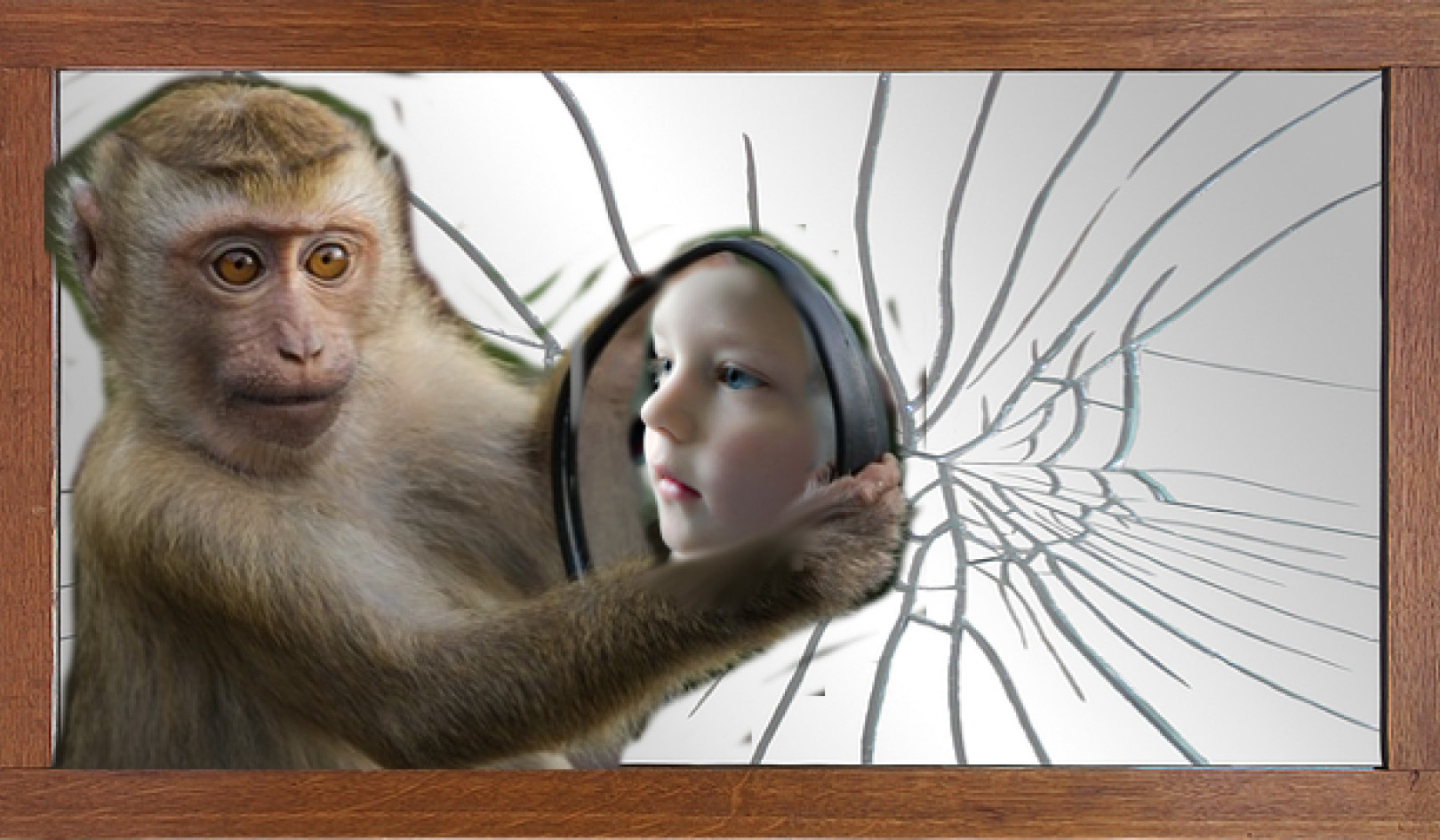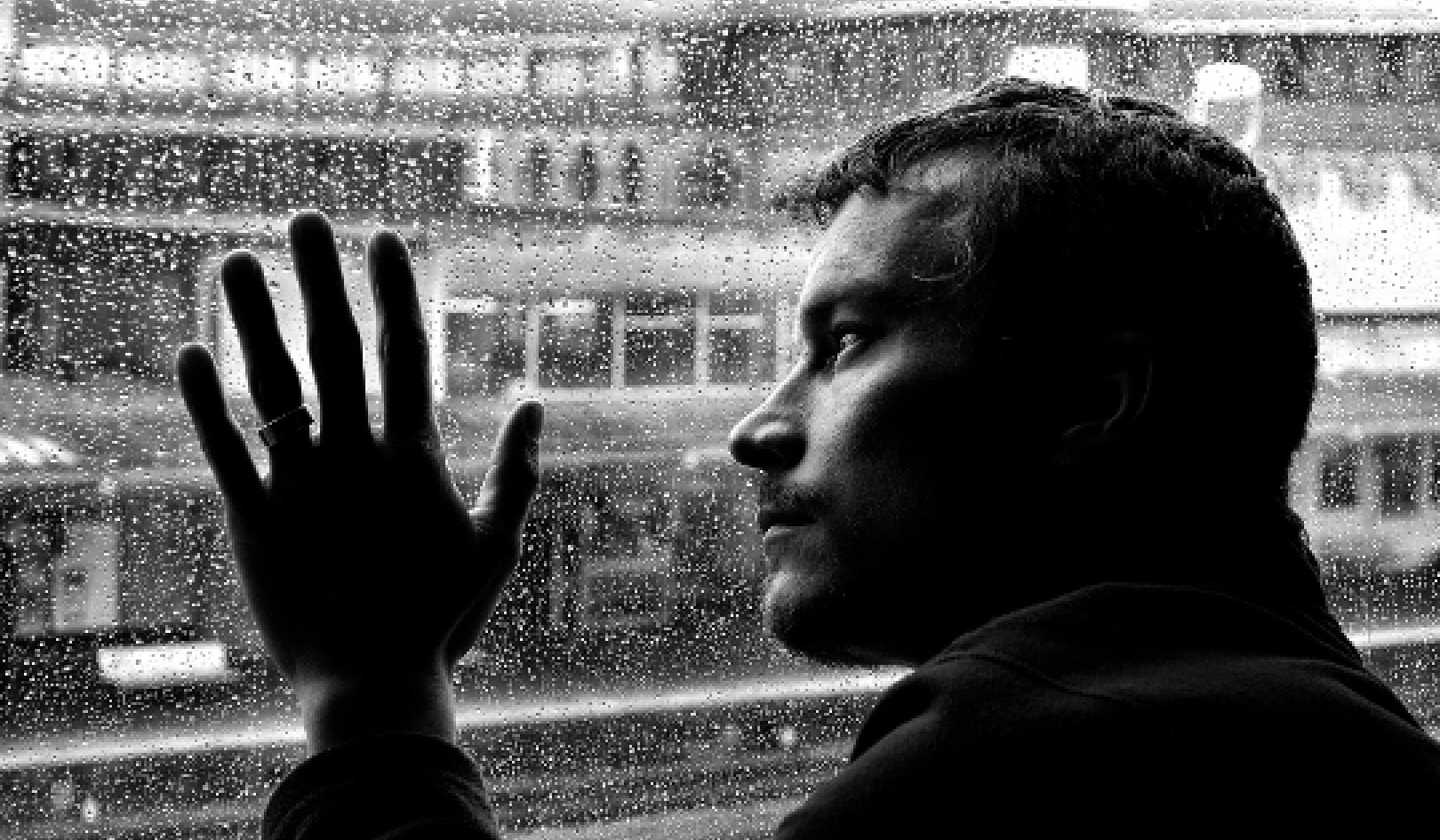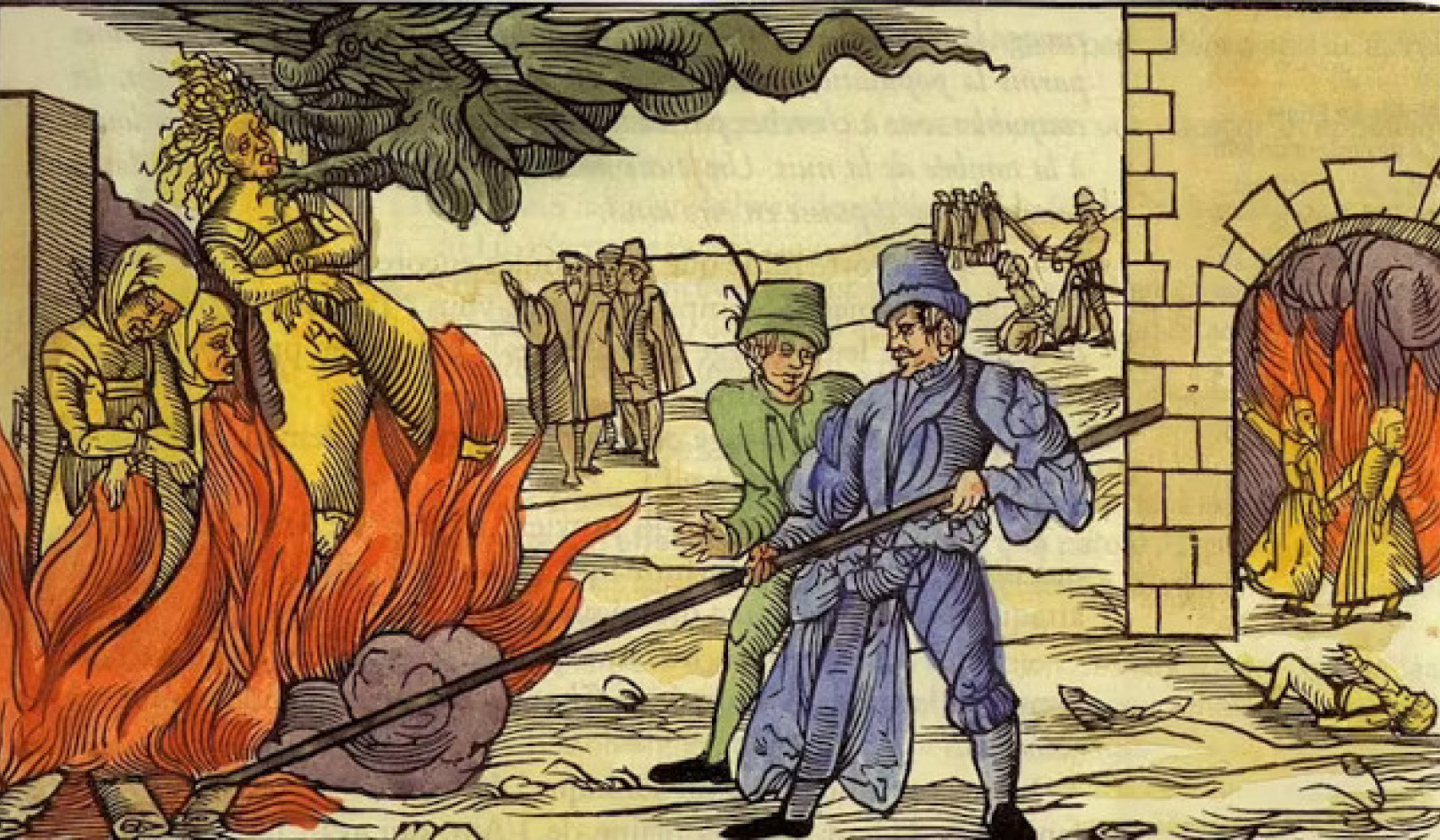
Image by Pexels
You might say that not-forcing is the second principle of the Tao -- the spontaneous or of-itself-so activity (tzu-jan) being the first. In Chinese the second principle is called wu wei, and it means literally "not doing," but would be much better translated to give it the spirit of "not forcing" or "not obstructing." In reference to the Tao it is the sense that the activity of nature is not self-obstructive. It all works together as a unity and does not, as it were, split apart from itself to do something to itself.
Wu wei (not doing) is also applied to human activity, and refers to a person who does not get in his or her own way. One does not stand in one's own light while working, and so the way of wu wei (this sounds like a pun but it isn't) is the way of non-obstruction or noninterference. This is the preeminently practical Taoist principle of life.
Forcing Yourself: What Does That Mean?
What I mean by forcing yourself is something like this: When children in school are supposed to be paying attention to the teacher, their thoughts will go wandering all over the place, and the teacher will soon get angry and say, "Pay attention." And the children will wrap their legs around the legs of the chair, and they will stare at the teacher and try to look frightfully intelligent. But what happens was expressed very well in a cartoon I saw the other day: A small boy is standing and looking at his teacher and saying, "I'm sorry, I didn't hear what you were saying because I was listening so hard."
In other words, when we try to be loving, or to be virtuous, or to be sincere, we actually think about trying to do it in the same way the child was trying to listen, tightening up his muscles and trying to look intelligent as he thought about paying attention. But he wasn't thinking about what the teacher is saying, and therefore he wasn't really listening at all. This is a perfect example of what is meant by blocking yourself or getting in your own light.
To offer another illustration of it, suppose you are cutting wood. If you go against the way the tree grew, that is to say against the grain of the wood, the wood is very difficult to cut. If you go with the grain, however, it splits easily. Or again, in sawing wood, some people are in a great hurry to get on with sawing and they try and power right through the piece. But what happens? When you turn the board over you see the back edge of the wood is full of splinters, and you find that you are rather tired as well. Any skilled carpenter will tell you, "Let the saw do the work, let the teeth do the cutting." And you find that by going at it quite easily, and just allowing the blade to glide back and forth, the wood is easily cut.
As our own proverb says, "Easy does it." And wu wei means easy does it. Look out for the grain of things, the way of things. Move in accord with it and work is thereby made simple.
The Skill of Living Effortlessly
In one book the philosopher Chuang-tse tells a wonderful story about a butcher who was able to keep the same chopper for twenty years because he was always careful to let the blade fall on the interstices between the bones. And so in this way he never wore it out.
Once again we see that the person who learns the kind of activity which is, shall we say, in accord with the Tao, is said to possess virtue. This peculiar Chinese sense of virtue is called Te, but it is not virtue in quite our ordinary sense of being good. Te is like our word virtue when it is used more in the sense of the healing virtues of a plant. When we use the word virtue in this way it really designates an extraordinary kind of skill at living. And in his book Lao-tzu says the superior kind of virtue is not conscious of itself as virtue, and thus really is virtue. But the inferior kind of virtue is so anxious to be virtuous that it loses its virtue altogether.
We often come upon the kind of virtuous person who is self-consciously virtuous, who has, you might say, too much virtue. These are the sorts of people who are a perpetual challenge to all their friends, and when you are in their presence you feel they are so good that you don't know quite what to say. And so you are always, as it were, sitting on the edge of your chair and feeling a little bit uncomfortable in their presence. In a Taoist way of speaking, this kind of person stinks of virtue, and doesn't really have any virtue at all.
The truly virtuous person is unobtrusive. It is not that they are affectedly modest; instead they are what they are quite naturally. Lao-tzu says that the greatest intelligence appears to be stupidity, the greatest eloquence sounds like a stammer, and the greatest brightness appears as if it were dull. And of course this is a kind of paradoxical way of saying that true virtue, Te, is the living of human life in such a fashion as not to get in its own way.
This is the thing we all admire and envy so much about children. We say that they are naive, that they are unspoiled, that they are artless, and that they are un-self-conscious. When you see a little child dancing who has not yet learned to dance before an audience, you can see the child dancing all by itself, and there is a kind of completeness and genuine integrity to their motion.
Regaining Our Naturalness
When the child then sees that parents or teachers are watching, and learns that they may approve or disapprove, the child begins to watch itself while dancing. All at once the dancing becomes stiff, and then becomes artful, or worse, artificial, and the spirit of the child's dance is lost. But if the child happens to go on studying dance, it is only after years and years that, as an accomplished artist, the dancer regains the naivete and the naturalness of their original dance. But when the naturalness is regained it is not just the simple, we could say embryonic, naturalness of the child, completely uncultivated and untutored. Instead it is a new kind of naturalness that takes into itself and carries with itself years and years of technique, know-how, and experience.
In all this you will see that there are three stages. There is first what we might call the natural or the childlike stage of life in which self-consciousness has not yet arisen. Then there comes a middle stage, which we might call one's awkward age, in which one learns to become self-conscious. And finally the two are integrated in the rediscovered innocence of a liberated person.
Of course there is a tremendous advantage in this, because one must ask, if you are enjoying life without knowing that you are enjoying it, are you really enjoying it? And here, of course, consciousness offers an enormous advantage. But there is also a disadvantage, even a danger, in developing it, because as consciousness grows, and as we begin to know how to look at ourselves and beyond ourselves, we may start over and over again, and cause much interference with ourselves. This is when we begin to get in our own light.
Getting In Your Own Way?
You know how it is when you get in your own light or get in your own way -- when it becomes desperately essential that you hurry to catch a train or plane, for example, instead of your muscles being relaxed and ready to run, your anxiety about not getting there in time immediately stiffens you up and you start stumbling over everything.
It is the same sort of thing on those days when everything goes absolutely wrong. First of all, when you're driving to the office, all the traffic lights are against you. Of course this irritates you, and because of your irritation you become more tense and more uptight in your way of handling things, and this leads to mistakes. It could lead to being so furious and going so fast that the police stop you, and so on and so forth. It is this way of battering against life, as it were, that ties it up in knots.
And so, the secret in Taoism is to get out of one's own way, and to learn that this pushing ourselves, instead of making us more efficient, actually interferes with everything we set about to do.
Reprinted with permission from the book What Is Tao?
Published by New World Library.
©2000. www.newworldlibrary.com
Article Source
What Is Tao?
by Alan Watts.
 In his later years, Alan Watts, noted author and respected authority on Zen and Eastern thought, turned his attention to Taoism. In this book, he draws on his own study and practice to give readers an overview of the concept of the Tao and guidance for experiencing it themselves. What Is Tao? explores the wisdom of understanding the way things are and letting life unfold without interference.
In his later years, Alan Watts, noted author and respected authority on Zen and Eastern thought, turned his attention to Taoism. In this book, he draws on his own study and practice to give readers an overview of the concept of the Tao and guidance for experiencing it themselves. What Is Tao? explores the wisdom of understanding the way things are and letting life unfold without interference.
About the Author
Alan Watts was born in England in 1915. Beginning at age sixteen, he developed a reputation as a foremost interpreter of Eastern philosophies for the West. He became widely recognized for his Zen writings and for The Book: On the Taboo Against Knowing Who You Are. In all, Watts wrote more than twenty-five books and recorded hundreds of lectures and seminars. He died in 1973 at his home in northern California. A complete list of his books and tapes may be found at www.alanwatts.com.































